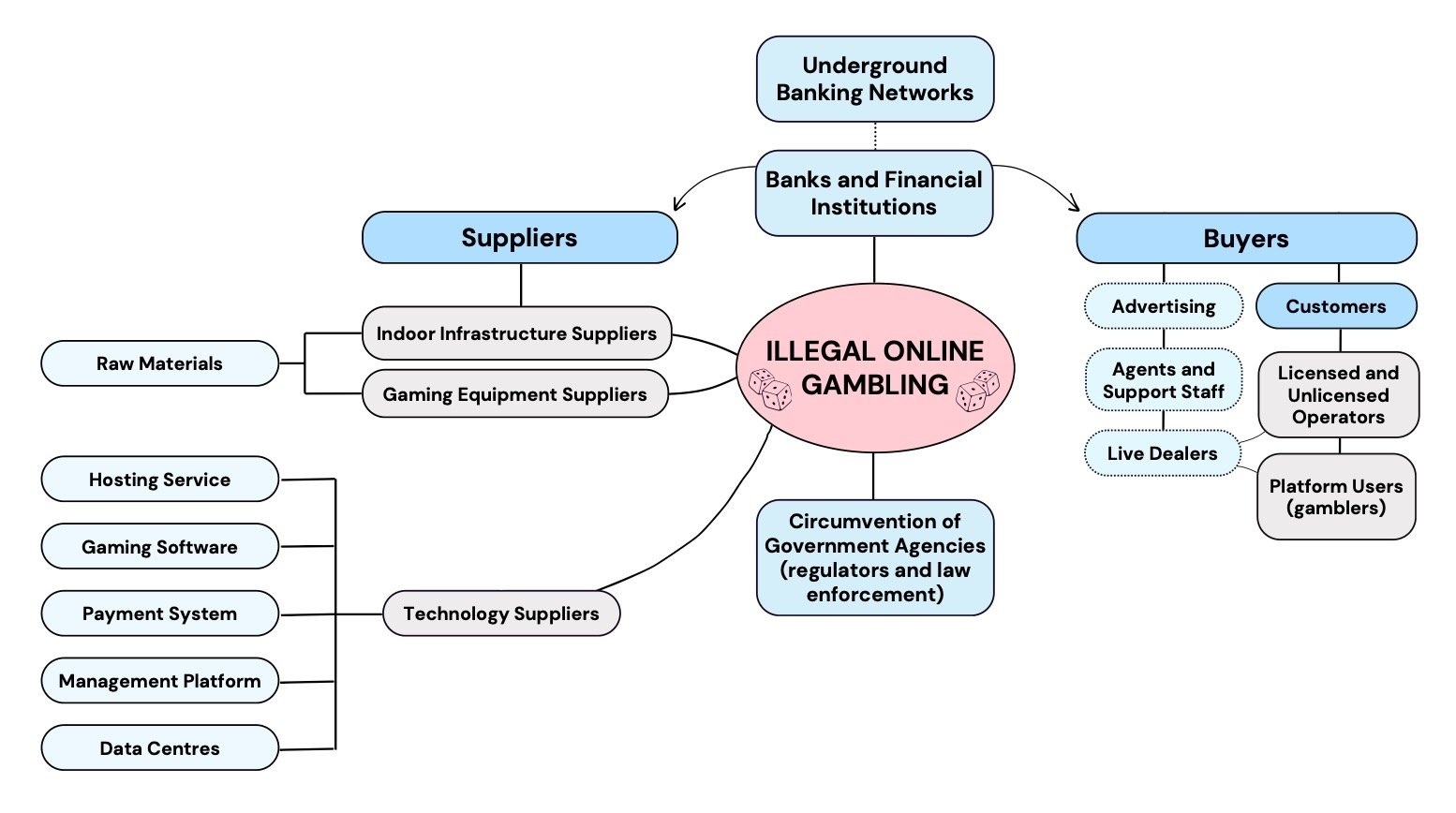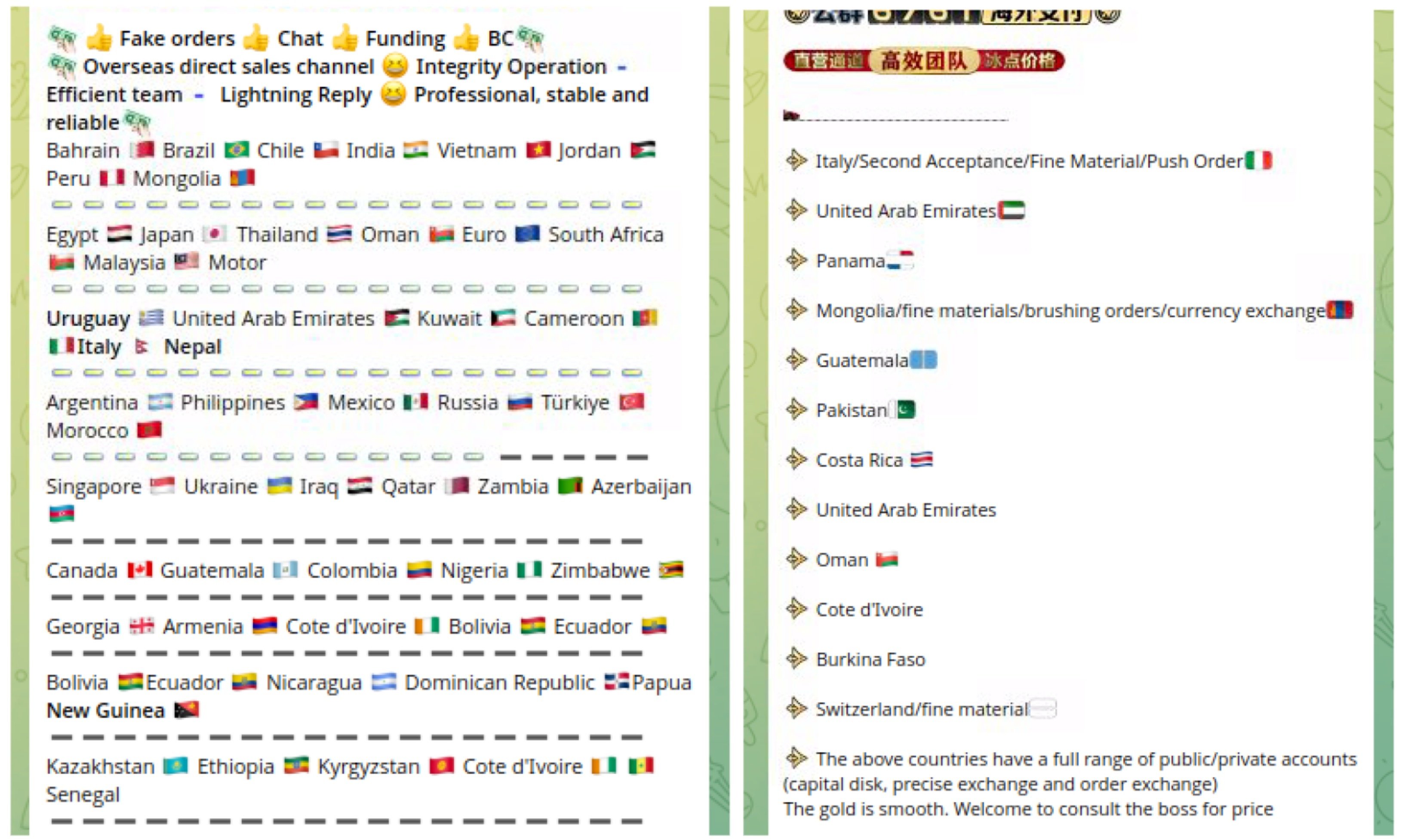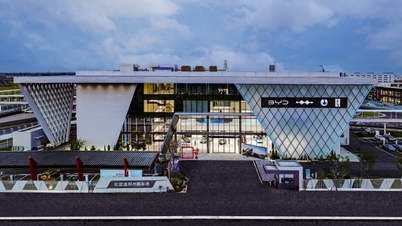Online scams are rampant globally. (Illustration: Bloomberg) |
The United Nations has just released a report on transnational crime in East and Southeast Asia, highlighting the scale of the burgeoning high-tech crime networks in the region.
Fraudulent centers combining human trafficking and money laundering, utilizing AI, deepfakes, blockchain technology, and more, are threatening regional and global security. Alarmingly, these criminal organizations are continuously expanding their operations, despite efforts by local authorities to crack down on them.
"Ecosystems" are spreading globally.
According to the United Nations Office on Drugs and Crime (UNODC), online scam networks in Southeast Asia have grown significantly in recent years.
Gone are the days of small, isolated gangs; these organizations are now operating as full-fledged "corporations" with their own technological infrastructure, supply chains, and foreign personnel. Local connections are also leveraged, primarily in areas with lax laws.
“We note that organized crime groups in East Asia and Southeast Asia are expanding globally. This reflects a natural expansion as operations develop and the need to find new territories, but also a risk mitigation strategy in the face of increased crackdowns in the region,” said Benedikt Hofmann, acting UNODC representative for Southeast Asia and the Pacific .
According to the report, many criminal groups use special economic zones (SEZs) or border areas as their headquarters. They exploit loopholes in the law to build centers for fraud, online gambling, and sophisticated money laundering networks.
The "supply chain" of criminal organizations providing illegal online gambling services. Photo: UNODC . |
Hofmann described online scam centers as "spreading like cancer." When authorities discover them, they simply relocate to another area, failing to address the root cause.
"Essentially, this situation turns the region into an interconnected ecosystem, run by sophisticated organizations that exploit vulnerabilities, endangering national sovereignty ," Hofmann emphasized.
The situation is even more concerning as organizations utilize new technologies such as AI, blockchain, and voice-swapping software. This allows for the creation of new scam scenarios, leveraging technology to improve operational processes and expand money laundering channels.
Particularly serious is the issue of forced labor. Thousands of people from over 50 countries are lured to these fraudulent centers through recruitment advertisements. They are detained, beaten, have their identification documents confiscated, and are forced to participate in the scams. Those who fail to meet quotas are threatened, tortured, or sold to other groups as "mobile assets."
Criminal activity has even developed to the point where many organizations operate under the BPO (Business Process Outsourcing) model. In the Philippines, these organizations collaborate with numerous global companies to provide call center services, IT, software design, and more. They are located in buildings and industrial areas, serving as "covers" for illegal activities.
Although not home to large-scale criminal gangs, Vietnam still sees many people being lured into fraud centers, serving behind-the-scenes activities such as money laundering, recruitment, and operating gambling platforms. The data for Vietnam in this report was contributed by the Anti-Fraud organization .
Important foundation
One of the key links in the cybercrime ecosystem in Southeast Asia is Huione Guarantee. Primarily operating in Chinese, it acts as an intermediary for payments and guarantees illicit transactions between criminal groups.
According to analysis from the research organization Elliptic and a report by UNODC, Huione Guarantee is considered the world's largest digital "black market" for illicit financial transactions.
Huione Guarantee is owned by Huione Group, headquartered in Phnom Penh (Cambodia). The platform is marketed as a tool for secure payments between buyers and sellers. However, in reality, it has become a place where criminal gangs exchange stolen data, sell counterfeit software, and AI tools for creating deepfakes.
Data shows that Huione Guarantee processed at least $24 billion worth of cryptocurrency between 2021 and 2024, through digital wallets linked to thousands of scammers.
A "provider" advertises money laundering services on Huione Guarantee using the "pig slaughtering" scam. Photo: Elliptic . |
This platform functions like an e-commerce marketplace for cybercriminals, offering a variety of services and software to support criminal activities. Notably, many services are localized, allowing for the impersonation of police officers or bank employees tailored to specific countries, using native languages and AI to enhance credibility.
Despite announcing its separation from Huione Group at the end of 2024 and renaming itself Haowang Guarantee, evidence from researchers suggests the two entities remain closely linked.
Previously, Huione Group's payment division, Huione Pay, had publicly supported transactions on Huione Guarantee, but quietly removed the information from its website after attracting attention from the media and cybersecurity organizations.
Not only did law enforcement agencies connect criminal organizations in the Mekong region, but they also uncovered transactions involving Huione in numerous fraud cases in Australia, Canada, Japan, Europe, and other countries.
Recently, Huione also issued stablecoins, a form of cryptocurrency pegged to the USD, to circumvent bank controls and make them difficult to trace.
According to UNODC, hundreds of phishing centers generate nearly $40 billion in profits annually. Their operations are not limited to Asia but extend to many other regions. This indicates that cybercrime organizations are increasingly collaborating and expanding their scale rapidly.
Source: https://znews.vn/tap-doan-lua-dao-truc-tuyen-mo-rong-tu-dong-nam-a-post1548674.html








![[Image] Central Party Office summarizes work in 2025](/_next/image?url=https%3A%2F%2Fvphoto.vietnam.vn%2Fthumb%2F1200x675%2Fvietnam%2Fresource%2FIMAGE%2F2025%2F12%2F18%2F1766065572073_vptw-hoi-nghi-tong-ket-89-1204-jpg.webp&w=3840&q=75)


























































































Comment (0)